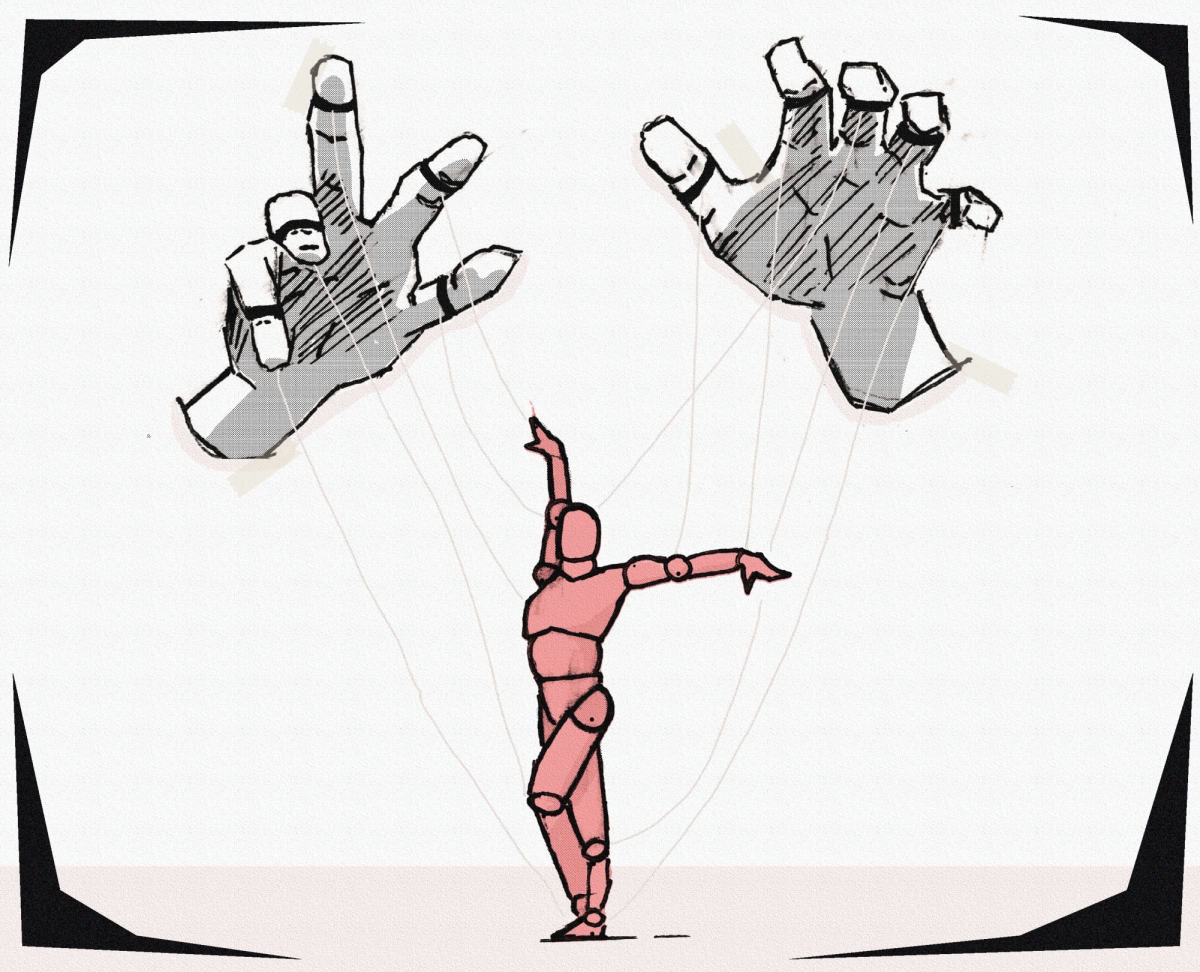Athletes in competitive sports share a common determination to succeed. They know sacrifice and diligence. Unfortunately, not all athletes walk away with the same story.
Earlier this fall, reports of abuse initiated an investigation into Tom Farden, University of Utah’s head gymnastics coach. Two months later, an announcement placed Farden on paid administrative leave “after recent conduct and actions … not related to student-athlete welfare.” Farden and the university then allegedly made a mutual agreement to “part ways” just over a week later.
The U’s approach to Farden’s investigation lacks transparency and action. Its athletic department systematically failed to acknowledge the severity of abuse allegations over time and thus sacrificed athletes’ well-being. College athletes, whatever their benefit to a university may be, are human beings — not a means to an end.
Minimizing a Mental Health Crisis
A Kansas City-based law firm found through an independent review that Tom Farden did not engage in any “severe, pervasive or egregious acts of emotional or verbal abuse of student-athletes.” Despite the investigation’s findings, several members of the team have come forward with their experiences, including Kara Eaker and Kim Tessen.
In an official statement, Kara Eaker announced her retirement from U gymnastics and her plan to withdraw from the university. Her powerful words were in response to abuse on the part of an unnamed male coach.
Despite consistent attempts to get help, including multiple appointments with the athletic department to report abuse, the university dismissed her concerns and failed her.
As the department repeatedly invalidated Eaker’s experience, it exacerbated the emotional and mental struggle she faced. “I had been seeing a university athletics psychologist for a year and a half and I’m now seeing a new provider twice a week because of suicidal and self-harm ideation,” Eaker said in her statement.
When those in positions of authority denied Eaker recourse, they became part of a system that Eaker rightly referenced as complicit in perpetuating abusive environments.
Elizabeth Margetts, a music student at the U, knows the potential ramifications of a competitive environment. She also offered a unique insight into how abusive environments can be perpetuated.
“I think that the difficult culture around [any form of] abuse is the fact that we make excuses,” Margetts said. “That may be influenced by money, it may be influenced by how decorated the coaches are or by how many wins the team has secured with the coaches’ help.”
Eaker’s record as a gymnast speaks to her physical and mental fortitude. She is a two-time gold medalist at the Pan American Games, the World Championships and an Olympic alternate for the 2020 Olympic Team. In her statement, she said she is “proud to be one of the best gymnasts in the world.”
Eaker’s struggles with mental health and her decision to resign do not represent signs of weakness. Rather, her vulnerability in sharing her experience and desire to stop a systemic cycle of abuse is a sign of immense strength.
A Culture of Abuse Perpetuated
Dr. Ben Tepper, from Ohio State’s Fisher College of Business, spearheads focused research on abusive leadership. In comparing the coach-athlete relationship to a boss-employee arrangement, he found something astonishing. According to his report, “Abusive leadership is two to three times as prevalent in college sports as in the orthodox workplace.”
As I read the experiences of Eaker and Kim Tessen, I was reminded of my own experience as a competitive athlete. Though not on the same scale, I faced emotional and verbal abuse on my high school track and field team.
I was awarded MVP and the first to qualify for state competitions. Later on, while dealing with severe anxiety and overuse injuries I felt forced to run through, I suffered a knee dislocation that ended my season. Yet, at the time, I felt nothing but relief. I never returned to the sport in the same capacity.
The dehumanizing struggle that many athletes endure at the mercy of abusive coaching falls under a larger problem: a culture that denies victims of abuse a voice. It seems emotional violence is almost permitted in the sporting world. “In sports, it is still accepted for a coach to manipulate, bully and berate an athlete,” Eaker said.
Kara Eaker stated that the investigation into Tom Farden was flawed. Until the university addresses this discrepancy directly, the U is complicit in the same system that silences women and all other victims of abuse. Placing the target of such specific allegations on paid leave and then quietly parting ways is insulting — especially when student welfare was stated to not have factored into the decision. These reports of abuse should have been taken seriously and addressed vocally and explicitly.
Challenging the System
Sports already seem to foster intensely competitive and sometimes cutthroat environments. The U’s inadequate investigation into Tom Farden elicits additional doubts regarding how emotionally safe college athletes truly are.
The cycle of abuse that permeates college sports likely stems from a number of factors. A systemic problem, which prioritizes a win over the athletes’ well-being, likely contributes. This cycle might also boil down to an issue of monetary greed — successful sporting teams are, after all, essential for university revenue and prestige.
Though the exact cause remains unclear, the effects must be evaluated at face value. Abuse is abuse — whether it be physical, emotional, sexual or of another nature.
Margetts emphasized the value of healthy coaching environments.
“We need supportive coaches because these people are at the university to pursue their passion — they picked gymnastics because it’s something they love,” she said. “If it turns from something they love into something that they are afraid to participate in because of their coach, we’re not achieving our goal.”
Kim Tessen, in her official statement regarding her time on the U’s gymnastics team, also recognized this. “We shouldn’t have to beg for our feelings to be recognized. We do not exist for your entertainment. We do not exist to maintain your reputation. We do not exist to be your moneymakers.”
There is a human being behind every medal, every title and every game. If that human being is not protected, we must ask ourselves, what is it all for?




